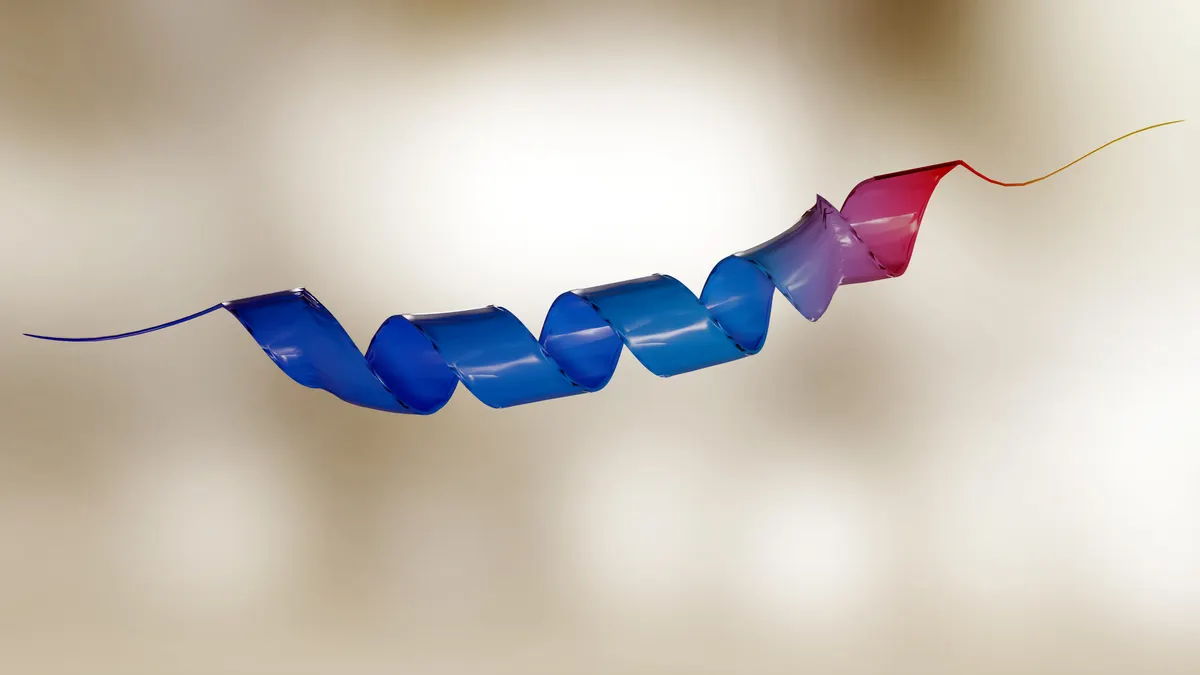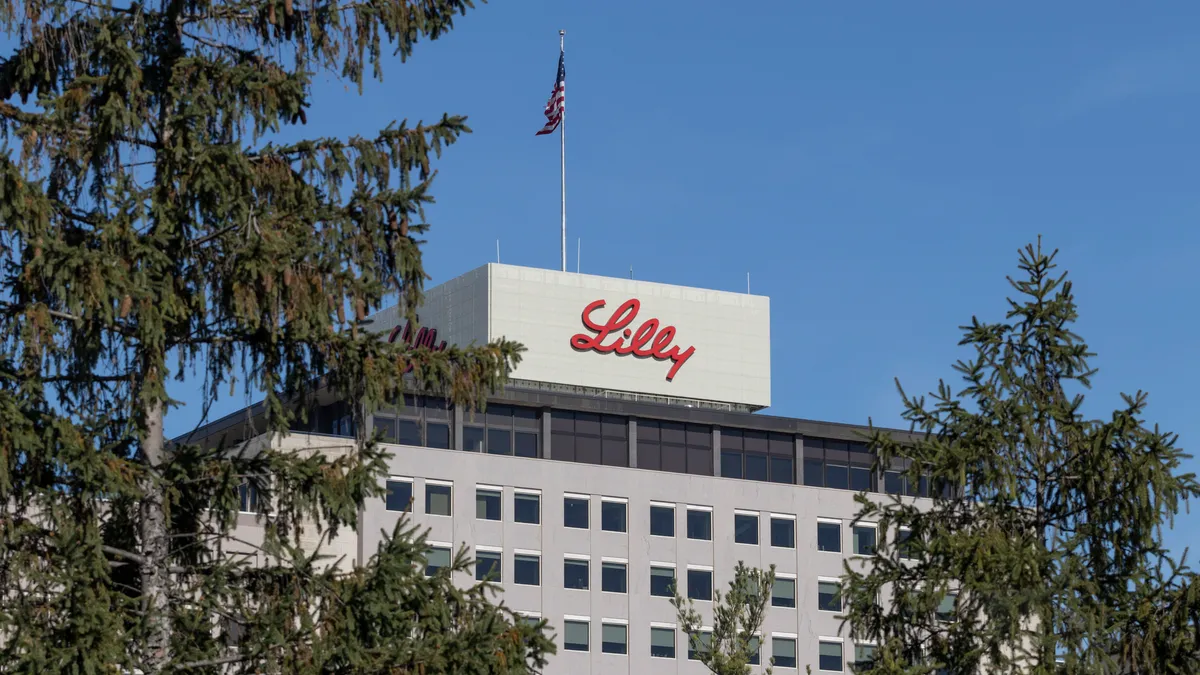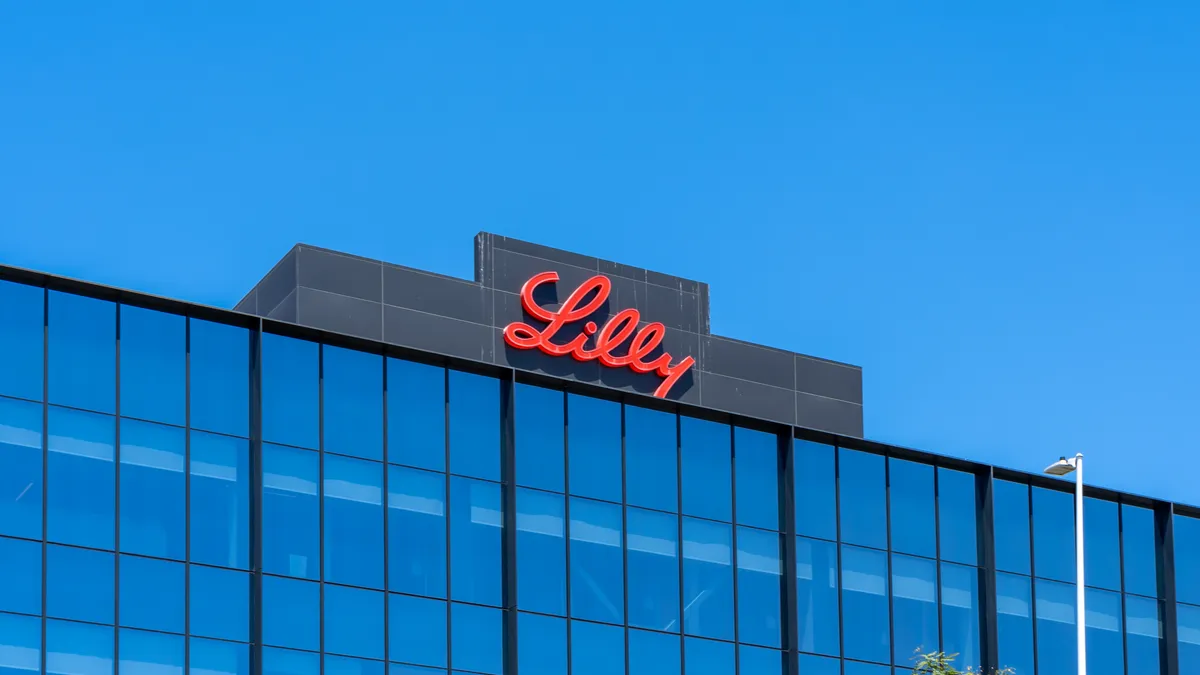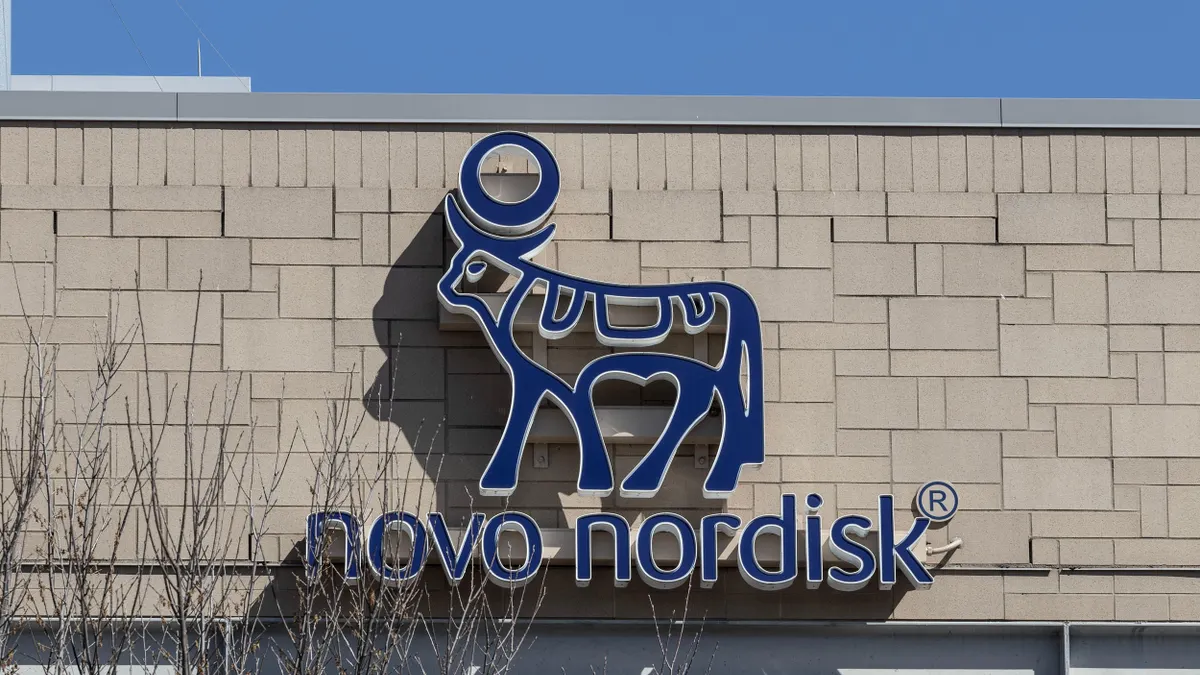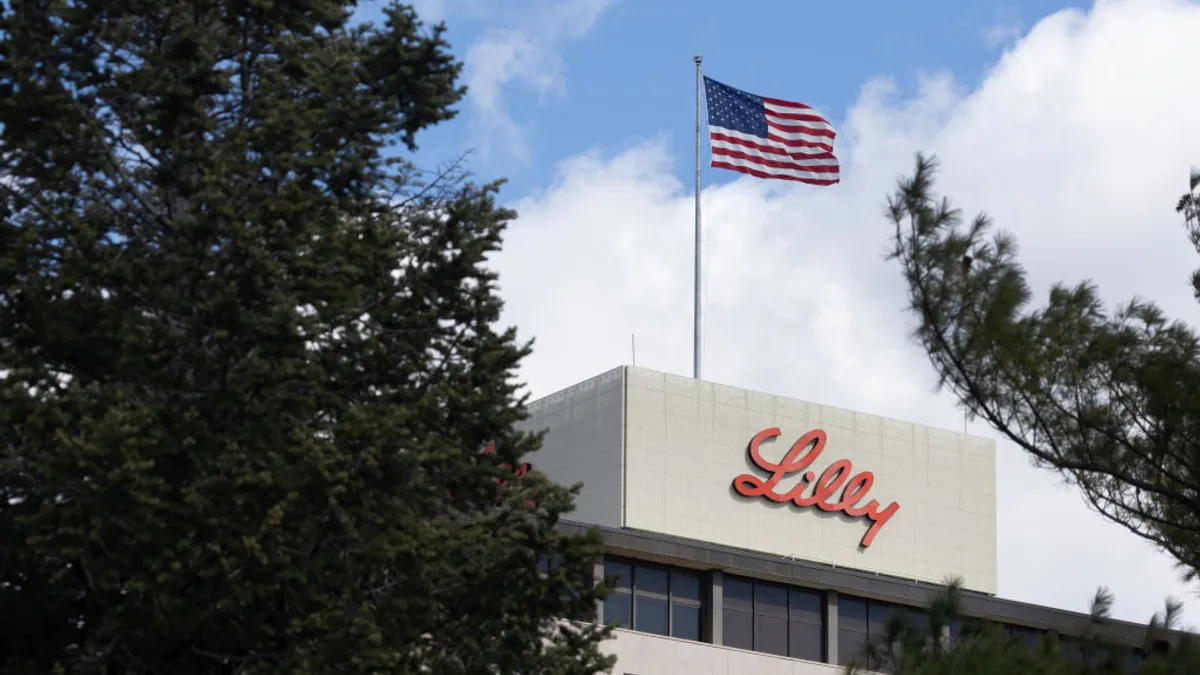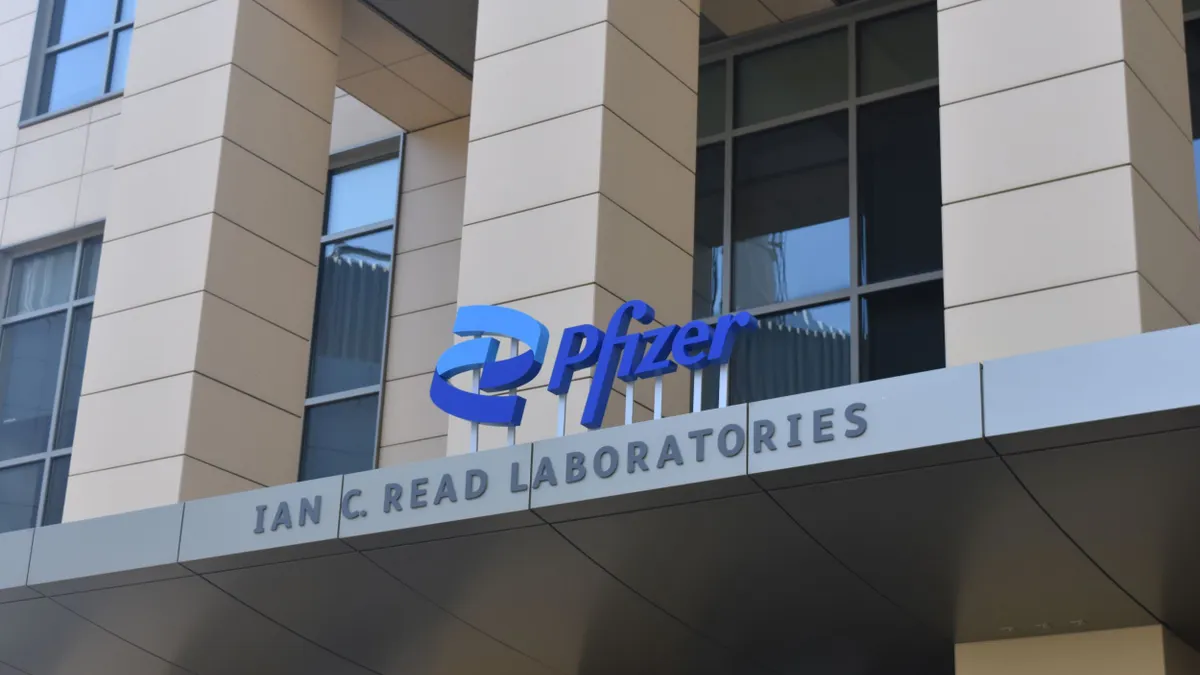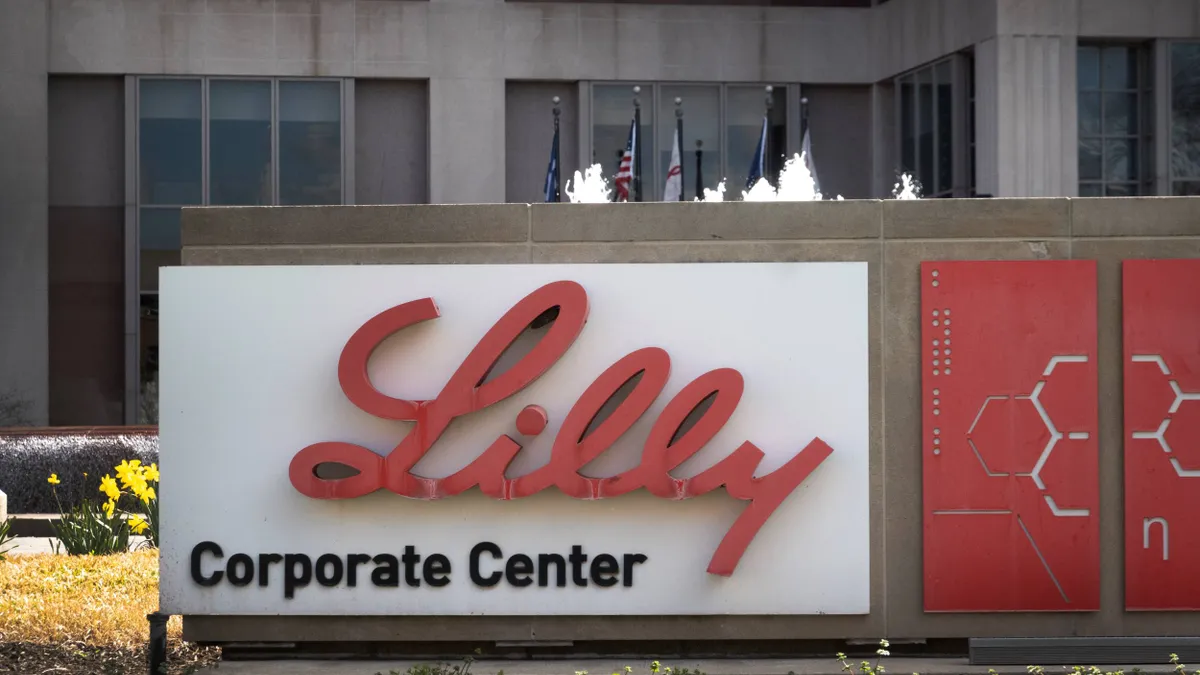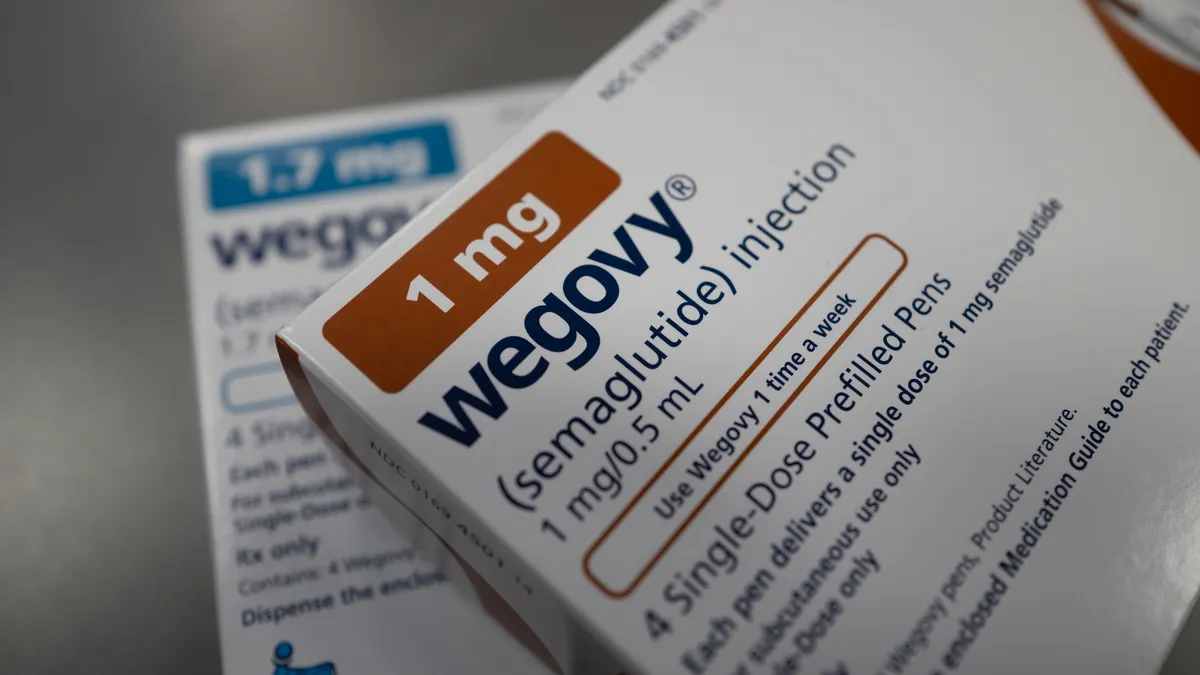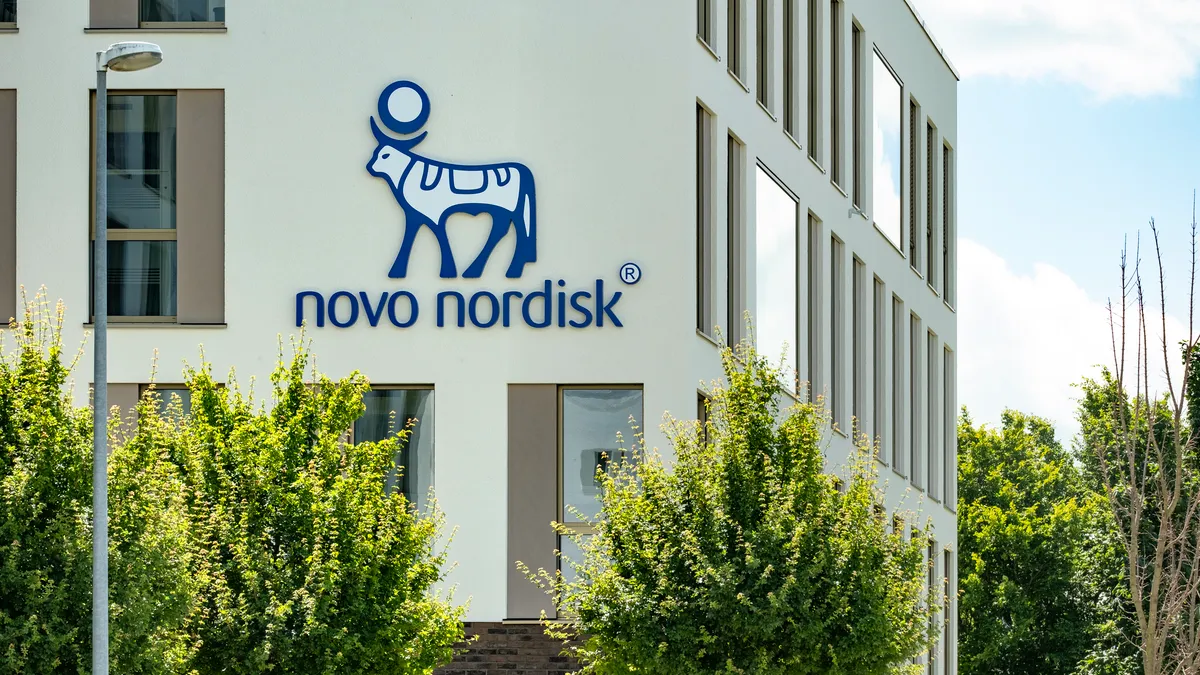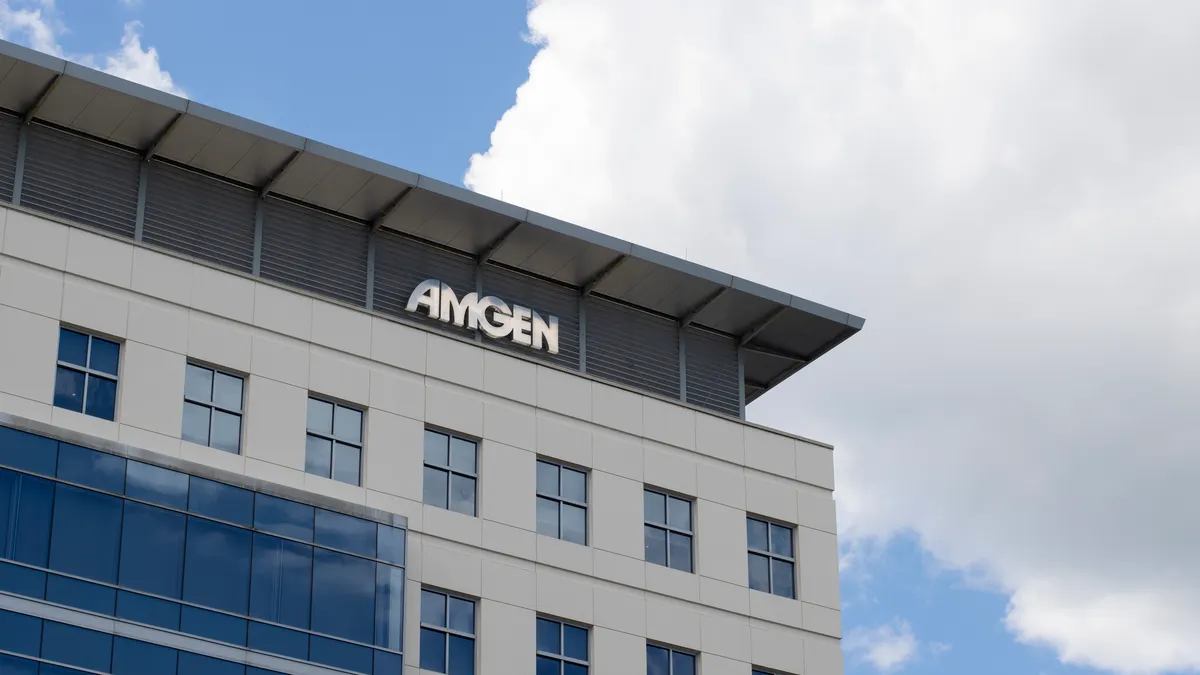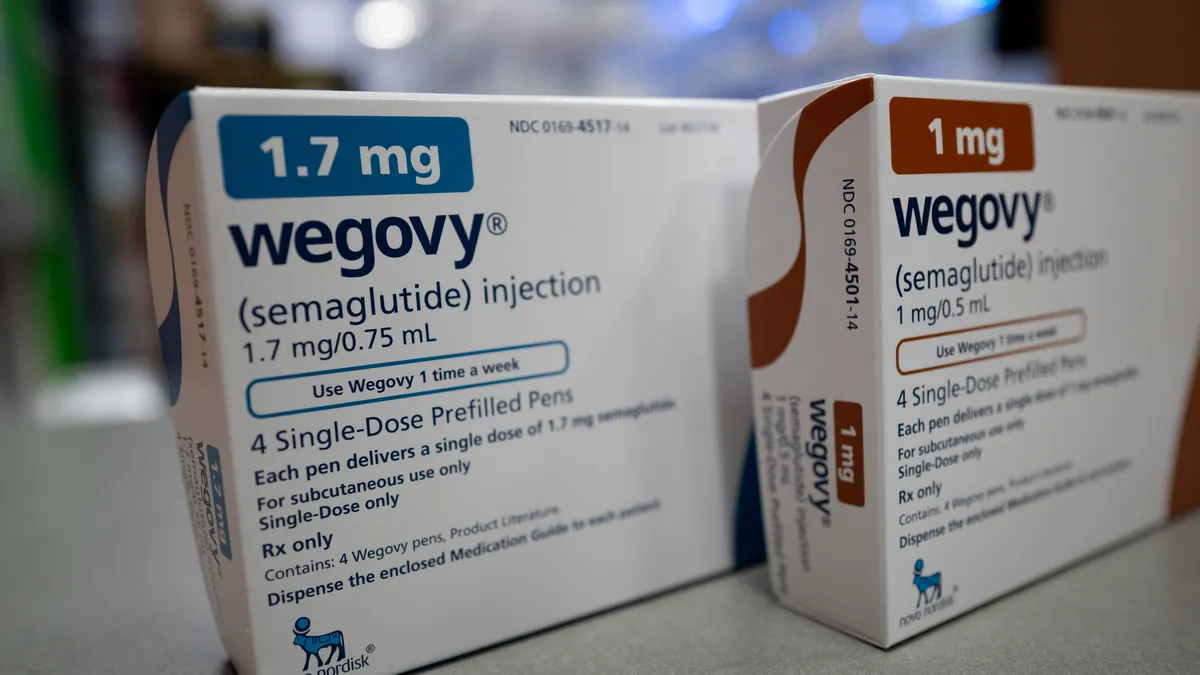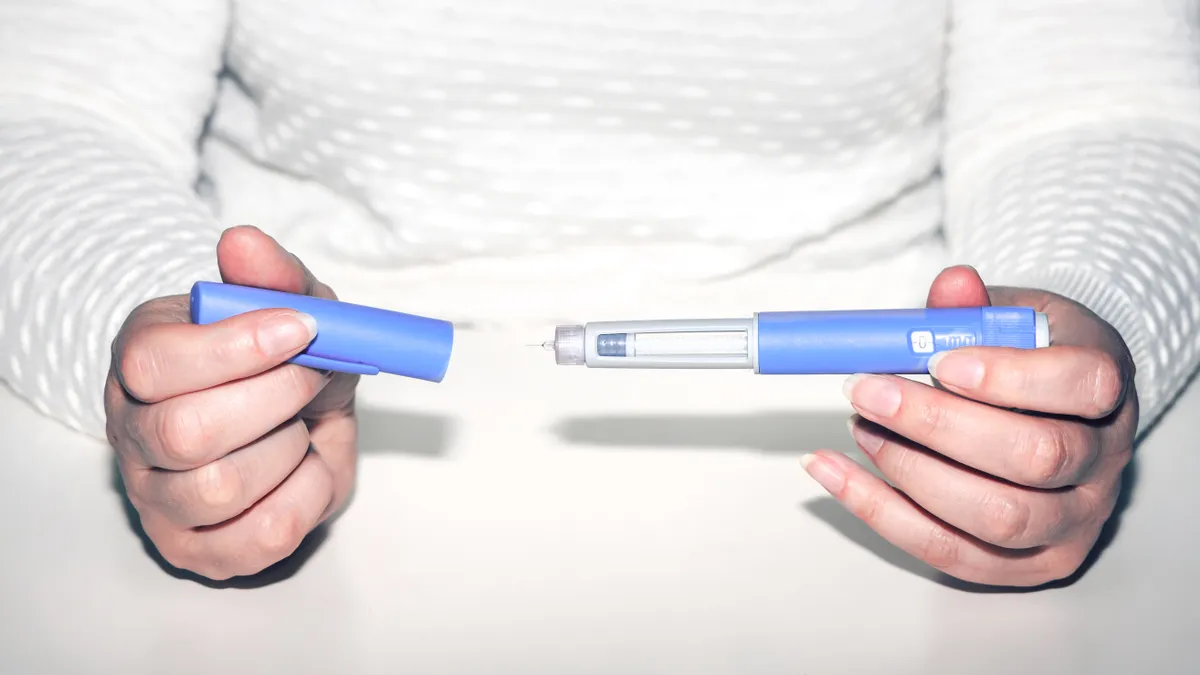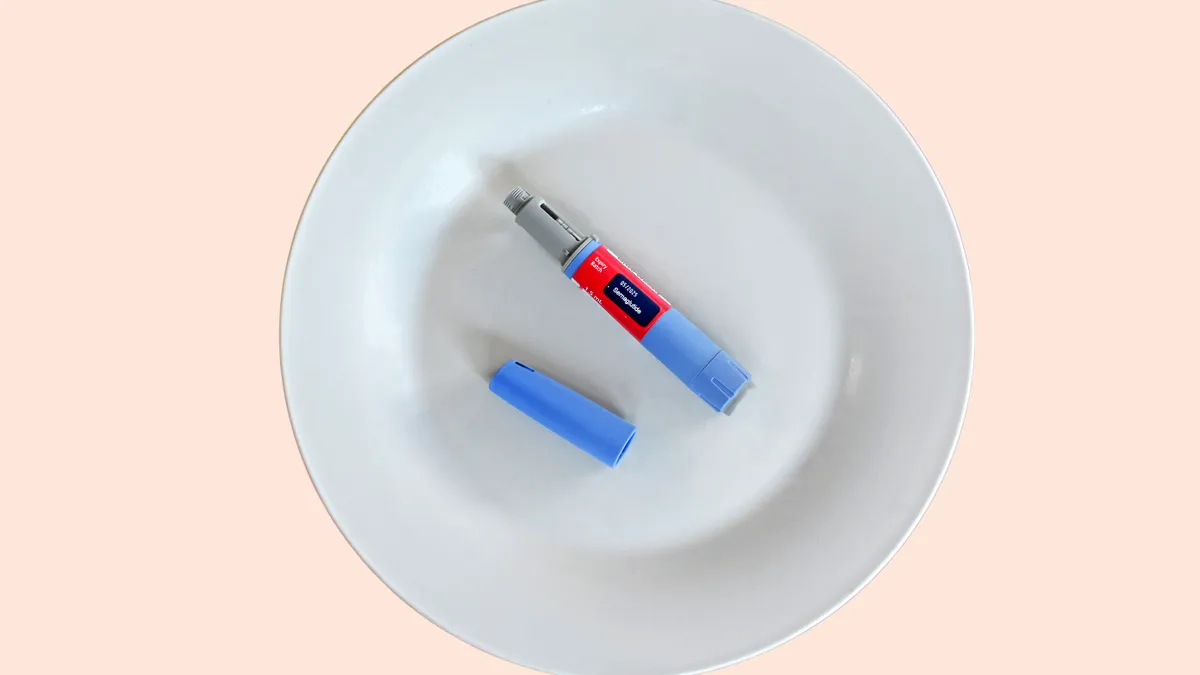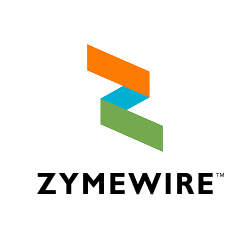Dive Brief:
- Obesity startup Kailera Therapeutics has raised one of the year’s largest private funding rounds, securing $600 million to support global, late-stage testing of an injectable drug that works similarly to Eli Lilly’s Zepbound.
- Bain Capital Private Equity led the Series B round, which also involved Adage Capital Management, the Canada Pension Plan Investment Board, an investment fund from the Qatari government, Royalty Pharma and other investors. Multiple so-called crossover investors that back private and public drug companies participated, too.
- Kailera and its partner Hengrui Pharma reported in July that the drug, called KAI-9531 or HRS9531, helped people with obesity lose 18% of their body weight on average in a 48-week Phase 3 trial in China, positioning the company to seek approval there. The Food and Drug Administration will likely require a larger, longer, multi-country study before considering a U.S. clearance.
Dive Insight:
Kailera’s funding round matched the $600 million raised by artificial intelligence specialist Isomorphic Labs in March, which both, by far, represent the largest financings this year involving the firms tracked by BioPharma Dive. The company garnered that support in part for a drug that, like Zepbound, acts on two metabolism-altering hormones, GLP-1 and GIP.
With Kailera’s round, privately held obesity drug developers have now raised more than $1 billion this year alone, BioPharma Dive data show. Helicore Biopharma secured $65 million in January and, earlier that month, Verdiva Bio launched with $411 million. Like Kailera, Verdiva is testing a drug discovered in Chinese laboratories, a trend many other young companies have capitalized on this year.
Kailera plans to use the funding to initiate international Phase 3 studies of KAI-9531 by the end of 2026. The cash will also help advance a GLP-1 pill into global trials and fund further testing of a triple-acting therapy as well as an oral version of KAI-9531.
The injectable KAI-9531 has the potential to “set the bar for the next generation of obesity treatments,” said Chris Gordon, a partner and global co-head of Bain Capital Private Equity, in a statement.
To meet that goal, KAI-9531 needs to equal or surpass the results achieved by Zepbound, which helped people with obesity lose as much as 21% of their body weight over 72 weeks, or 18 percentage points more than those who got a placebo in a Phase 3 trial.
The study in which Zepbound achieved those numbers enrolled more than 2,500 people. The trial supporting KAI-9531’s potential approval in China generated weight-loss numbers after less than a year and recruited 567 people. Kailera has said the coming global trials will involve higher doses and a longer treatment duration.
Kailera is headed by Ron Renaud, a biotech veteran who previously ran three companies that were later acquired: Idenix Pharmaceuticals, Translate Bio and Cerevel Therapeutics.
Correction: A previous version of this story associated the Canada Pension Plan Investment Board with the Canadian government.



